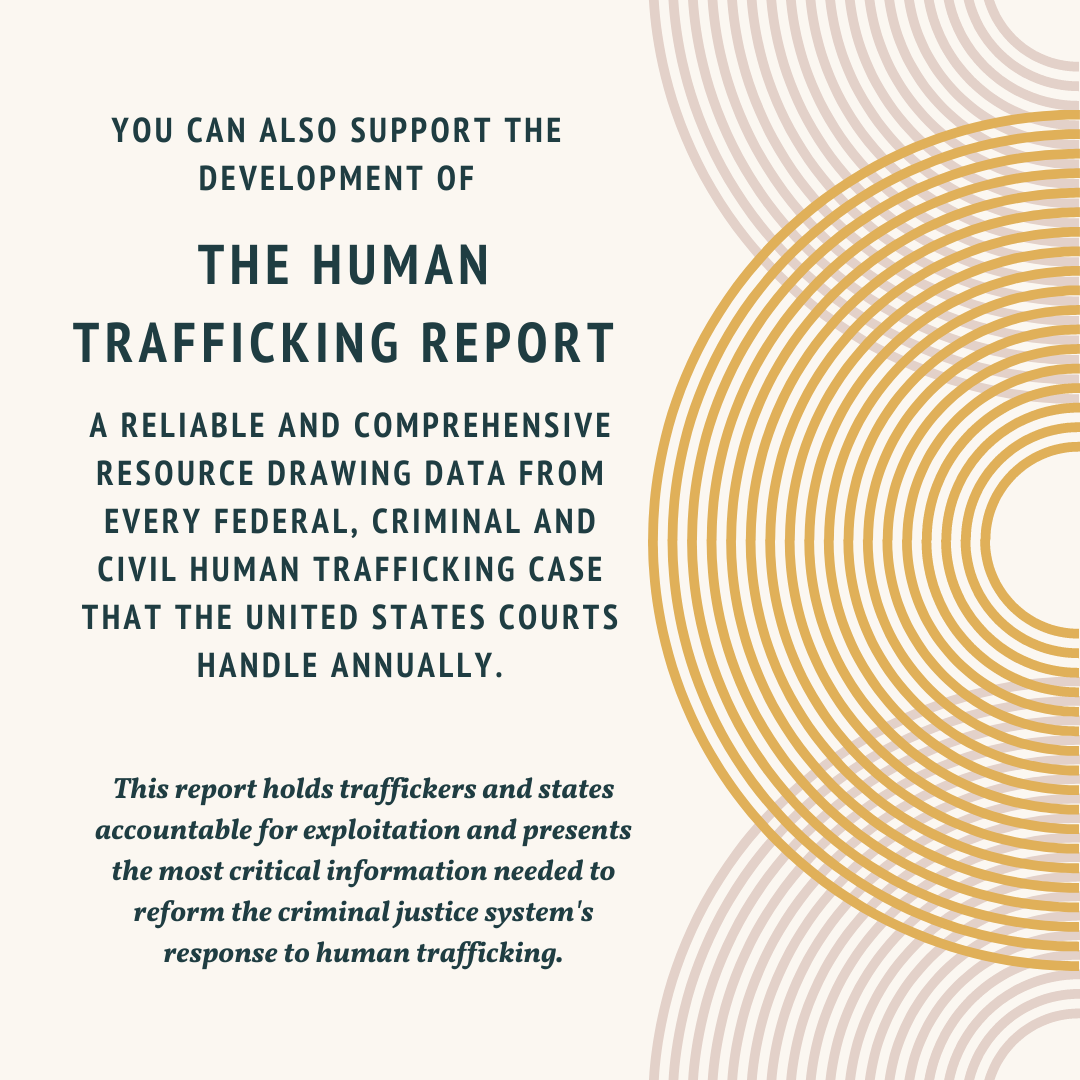Where Does My Money Go: Accelerating Interventions Through Frontline Training and Resource Development
We understand the value of knowing exactly where your money goes when you make a donation. In the anti-trafficking movement, every dollar counts—that's why we are bringing back our Where Does My Money Go blog series. We hope this series will help you better understand how the Dressember Network supports and develops programs in advocacy, prevention, intervention, and survivor empowerment so you can rest assured that your money funds programs that dismantle human trafficking from every angle.
Lodging establishments, seaports, and airports are three of the most common places where employees encounter active trafficking situations. According to the Polaris Project, 80% of commercial sexual exploitation cases involved hotels and motels.
The Dressember Network supports vital training for frontline workers in all of these establishments. This critical anti-trafficking intervention effort aims to raise awareness and educate employees in the hospitality, maritime, and aviation industries, helping employees to learn the signs of trafficking, assist potential victims, and reduce the likelihood of exploitation.
The Dressember Network also resources a critical education and awareness program for frontline workers at casinos and truck stops, including the ground transportation workers visiting each location. The program equips personnel with the tools they need to help identify trafficking victims. The program connects victims with life-saving information at all casino-related sites, including casinos, truck stops, and transit and bus operations in gaming towns. Materials used in the program are industry-specific and victim-focused, aiding frontline workers in understanding victim needs unique to their industry.
While driving his regular route, a bus driver in Oklahoma City picked up a passenger in distress. The woman was crying, and the driver reported that she seemed frightened. The passenger looked dirty, disheveled, and had cuts and bruises on her body. She kept looking around as if she was afraid someone was watching her. When the driver engaged her in conversation, she told him that he couldn't help her; she was running away from "bad people," and she believed they were tracking her.
When he arrived at the transit center, the driver contacted his route supervisor and told her it was urgent. The supervisor spoke with the woman, who described being transported state-to-state by people controlling her. The woman was confused about her whereabouts and said she was trying to get somewhere safe. The driver helped make the woman feel safe, and she confided additional information that indicated she was likely a victim of sex trafficking.
The driver then transported her to the Family Justice Center, an Oklahoma City-based organization serving domestic violence and sexual assault victims. The staff connected the woman with food, conducted an intake, and coordinated the next steps with law enforcement and a shelter. It is through the actions of people who are able to spot trafficking and know what to do when they do that we can truly fight to end trafficking once and for all.
But what happens to traffickers?
There is a tremendous gap between the number of human trafficking victims identified and the number of traffickers facing a conviction. A crucial aspect of the United States' response to combating human trafficking is holding traffickers accountable through criminal investigations, prosecutions, and civil lawsuits. Without data-driven research on enforcement efforts, policymakers, advocates, and practitioners cannot make informed decisions about improving the prosecution component of the U.S. anti-trafficking response. The lack of research allows traffickers to continue operating with little consequences.
That's where the Human Trafficking Report comes in.
The Dressember Network provides critical funding to produce the Human Trafficking Report, a reliable and comprehensive resource drawing data from every federal, criminal, and civil human trafficking case that United States courts handle annually. A group of attorneys generates the report to hold traffickers and states accountable for exploitation. The report presents the most critical information needed to reform the criminal justice system's response to human trafficking by considering information from various organizations.
The Human Trafficking Report provides the community with a data-driven approach to advocacy. Increased access to and awareness of detailed and accurate data about human trafficking fuels effective anti-trafficking efforts. With the support of the Dressember Network, the Human Trafficking Report allows data to shape conversations and inform policies that will lead to sustainable and long-lasting changes toward ending trafficking.
Knowledge is power. When you support the Dressember Network, you help speed up intervention times through life-changing training of frontline industry workers and equip policy-makers to better serve survivors of human trafficking. You can make an impact in human trafficking intervention by donating today.
The Dressember Network is made up of 20 organizations that support programs in the following impact areas: advocacy, prevention, intervention, and survivor empowerment. The Dressember Network partners with BEST to train frontline workers in the hospitality, maritime, and aviation industries on the signs and appropriate responses to human trafficking. The Dressember Network partners with TAT to train frontline workers in the casino and trucking industries (as well as related industries, such as transit occurring in gaming towns) on the signs of and appropriate responses to human trafficking. The Dressember Network partners with the Human Trafficking Institute to make the Human Trafficking Report possible. When you support Dressember, you help dismantle trafficking holistically and in a way that prioritizes survivor needs and voices. Ready to join us? Register to become an advocate (and access accurate statistics that you can share to raise awareness) or donate today.
About the Author
Sarah Koller is the 2022 Dressember Copywriter Intern.



